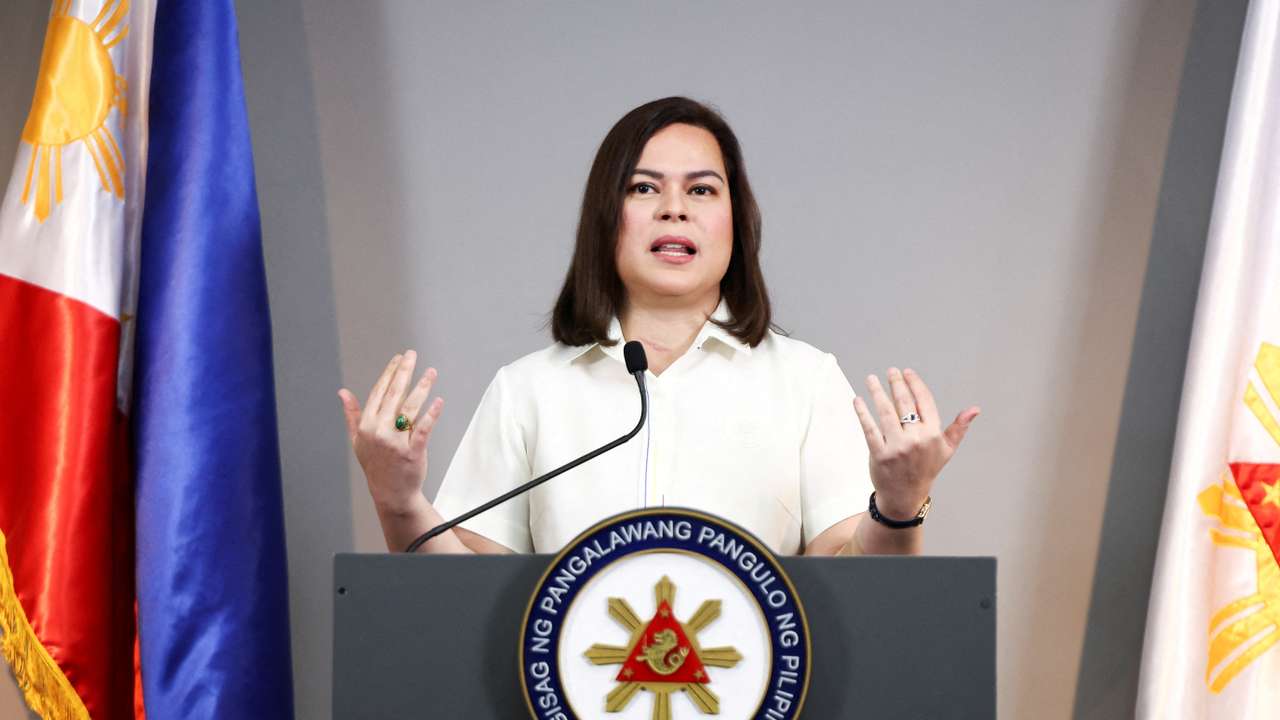Could Philippine Senate end Duterte’s presidential hopes?

The Philippine Senate is set to convene as an impeachment court on June 11 to address the impeachment complaint against Vice President Sara Duterte, filed by the House of Representatives on February 5, over allegations of misuse of public funds and an alleged assassination plot against President Ferdinand Marcos Jr.
President of the Senate, Francis Escudero, announced the schedule, emphasising that all actions require plenary approval amid a politically charged atmosphere.
“That’s what’s on our schedule. That’s what I plan to do,” Escudero said, addressing the June 11 target date. He added, “But as I’ve said, everything will go through a motion, everything will go through plenary action.” On past practices, he noted, “Let me repeat, everything that was done in the past was put to a vote, and no one complained.”
The schedule, initially set for June 2, was moved to June 11 with no formal objections, though some senators argued convening is automatic under the 1987 Constitution.
With only three session days before Congress adjourns sine die on June 14, urgency is high.
Just last week, Senator Ronald dela Rosa, a staunch ally of Duterte drafted a resolution seeking to dismiss the impeachment against the Vice President.
The draft says the Senate did not act promptly to begin proceedings upon receipt of the impeachment article, so the case was "de facto dismissed" as 100 days had already passed.
The trial, requiring a two-thirds vote for conviction, could bar Duterte from public office and impact her 2028 presidential bid.
The 2025 midterm elections strengthened Duterte’s Senate allies, with four pro-Duterte senators elected, potentially complicating proceedings. Two pending Supreme Court petitions—one to compel the Senate to proceed and another by Duterte to block the trial—add legal uncertainty.